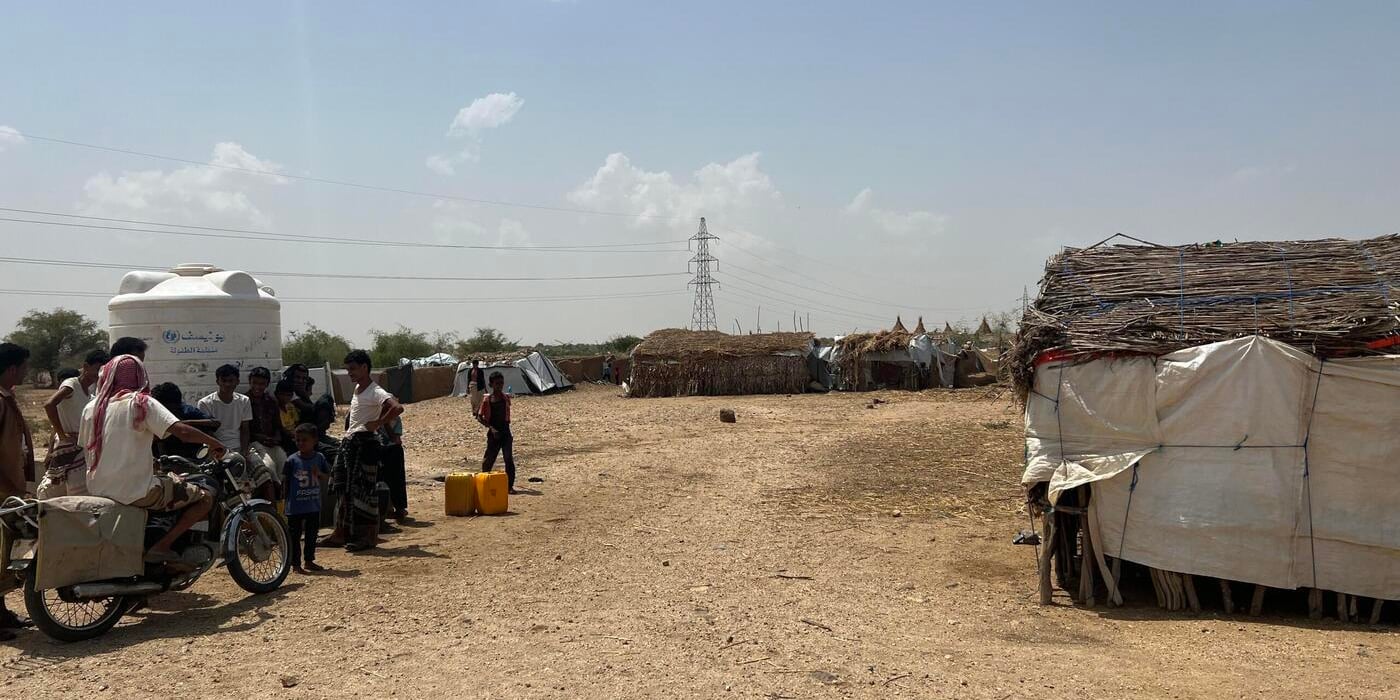
“President Trump said that withdrawing from the war in Yemen would 'negatively affect ongoing efforts to prevent civilian casualties.' Yet if he was truly concerned about civilian life, he would first and foremost ensure that the US-supported Saudi-led coalition stop breaking the laws of war and depriving millions of Yemenis of life-saving assistance.
“The war has left 24 million Yemenis - more than three fourths of the entire population – in need of urgent lifesaving aid. Ongoing attacks, including with US weapons, have killed and injured tens of thousands of civilians and so far the US has demonstrated little commitment to accountability.
“More bombs and weapons in Yemen will only mean more suffering and death. By providing such extensive military and diplomatic support for one side of the conflict, the United States is deepening and prolonging a crisis that has immediate and severe consequences for Yemen, and civilians are paying the price.”


